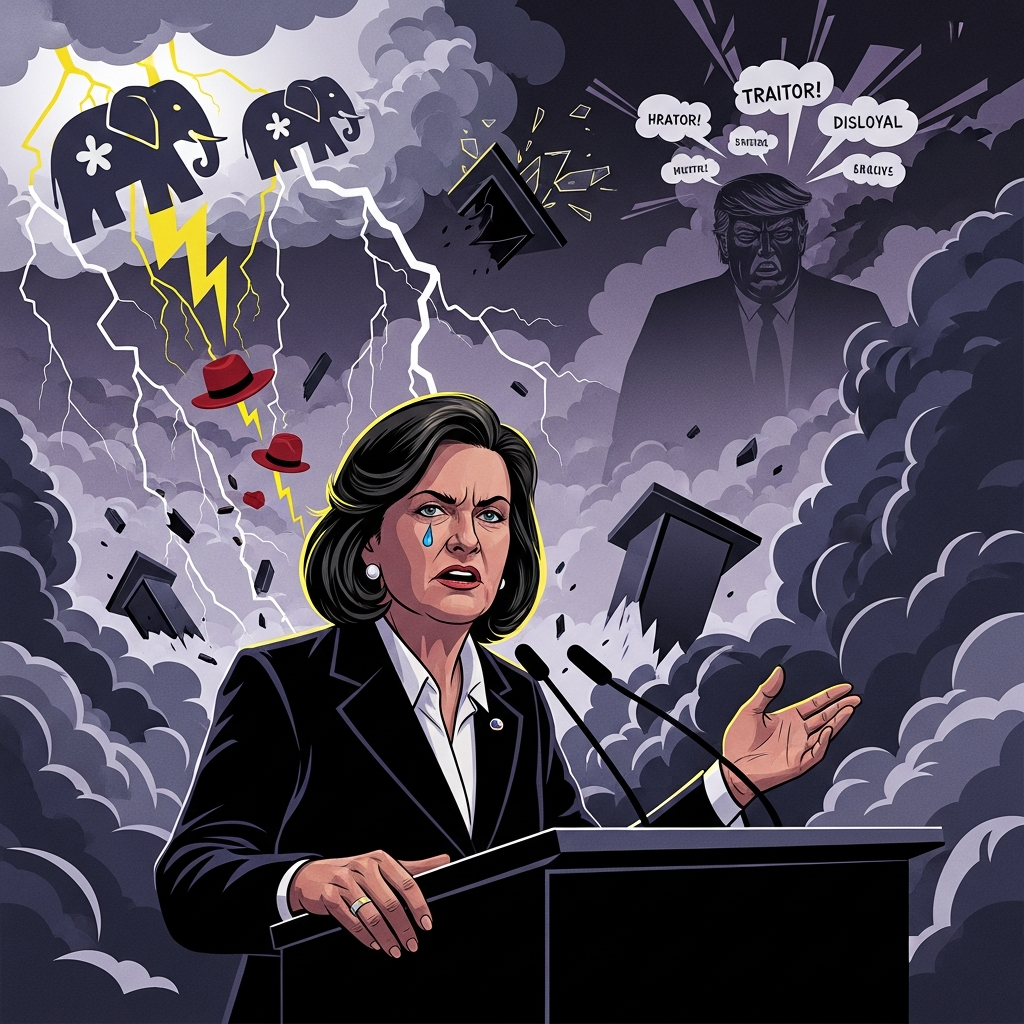Recent events in the Middle East have unfolded with a strange, counterintuitive logic: conflict escalating sharply, only to be followed swiftly by talk of peace. What began as a series of intense military actions between Iran, Israel, and the United States suddenly shifted towards a potential ceasefire, leaving markets and observers navigating uncertain territory.
Rapid Escalation and a Sudden Halt
The dramatic turn of events kicked off on Saturday when U.S. President Donald Trump authorized air strikes targeting Iranian nuclear sites, effectively inserting the U.S. into the ongoing conflict between Israel and Tehran. Iran’s response came swiftly, with Foreign Minister Abbas Araghchi stating Sunday that Tehran reserved “all options to defend its sovereignty, interest, and people.”
This warning was followed by action on Monday. Iran launched a retaliatory missile strike against a U.S. military base in Qatar. However, later on Monday evening stateside, President Trump announced a ceasefire via Truth Social.
Trump’s declaration described a “Complete and Total CEASEFIRE” agreed upon by Israel and Iran, intended to mark “an Official END to THE 12 DAY WAR,” referencing a conflict he stated began with an Israeli attack on June 12.
Signs of a Calculated Exchange
While an escalation followed by an immediate ceasefire might seem chaotic, there were indications that the exchange involved careful calibration. According to Trump, Iran provided the U.S. with “early notice” of its missile strike on the base in Qatar. Republican House Speaker Mike Johnson corroborated this, calling it a “retaliation that was expected.” The New York Times, citing Iranian officials, also reported that Qatar received advanced warning. Iran’s national security council reportedly stated its strike “posed no threat whatsoever” to Qatar.
This sequence of events is being interpreted by some as an example of the “peace through strength strategy,” as noted by Helima Croft, head of global commodity strategy at RBC Capital Markets. The theory suggests that a carefully managed, symbolic exchange of strikes can allow all parties to project strength while simultaneously creating an “off-ramp” for de-escalation, potentially cooling tensions.
Market Reaction: Hopes for De-escalation
Financial markets closely watched the developments, with their movements signaling investor sentiment. U.S. stock markets rose on Monday, reflecting hopes that the strategy of missile-led de-escalation might succeed. The S&P 500 climbed nearly 1%, with the Dow Jones Industrial Average and Nasdaq Composite also posting solid gains.
Conversely, oil prices experienced a significant drop. Following Iran’s strike on the Al-Udeid military base in Qatar, which reportedly resulted in no casualties due to Qatar’s air defense interception, prices fell sharply. U.S. crude oil plunged over 7%, closing at $68.51 per barrel, while the global benchmark Brent shed a similar percentage, falling to $71.48. The price decline occurred despite President Trump’s call earlier that day for “everyone” to keep oil prices down.
Impact on Global Air Travel
The heightened military activity in the Middle East also significantly impacted airline operations. Following Iran’s missile strike, carriers diverted or canceled numerous flights traversing the region.
Dubai-based Emirates adjusted flight paths on Monday to remain “well distanced from conflict areas,” warning customers of potential delays or longer flight times. Air India took more drastic action, halting all flights into and out of the region, as well as services to and from the east coast of North America and Europe, “until further notice.” Other major international airlines, including Air France, Iberia, and Finnair, had already announced pauses or postponements of services to certain Middle Eastern destinations due to the ongoing military tensions.
While President Trump announced a ceasefire, the lack of public confirmation from either Iran or Israel regarding their acceptance of this timeline leaves the situation fluid and continues to influence global markets and critical infrastructure like air travel.



